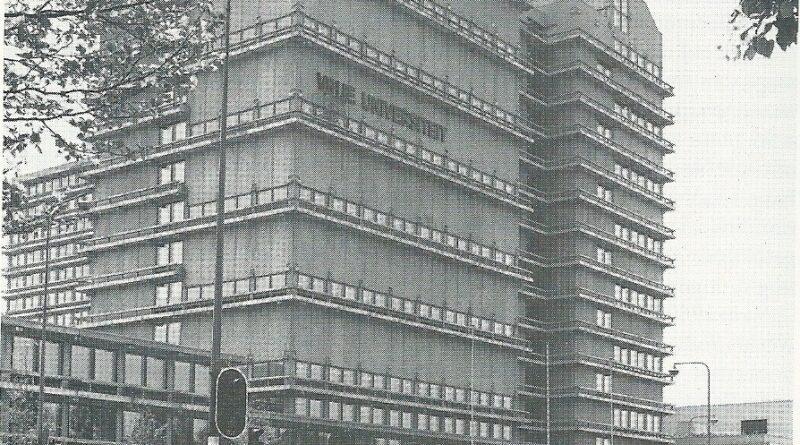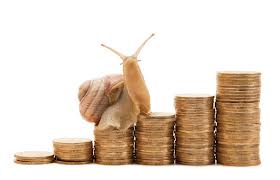A life of Econometrics
Dolf Talman is professor of Game Theory and Equilibrium Programming at Tilburg University (TiSEM) and CentER. His expertise is the development, to prove existence and the computation of equilibria in economic and game theoretic models.
I am very happy and honored to fill the columns of Nekst for this academic year. Already over a year ago Charlotte Nijman from Asset | Econometrics asked me for last academic year, but I replied that I would prefer to do it one year later, because that would be my last year at the university before retirement.
My whole life has been within Econometrics and Operations Research, except for a single blue Monday. I intended to study mathematics at the Rijksuniversiteit Groningen (University of Groningen). At that time one also had to follow the program in physics as a kind of minor and that I did not like because of the many practices. Therefore after one day, indeed a Monday, I went to the study advisor and he told me that studying math without physics was (still, one year later it was possible to combine with econometrics, philosophy, or computer sciences) impossible, but econometrics could be a good alternative because it contained a lot of mathematics, and as you know it does, although nowadays much less.
In those days most studies still took five years, one year propaedeutic, two years candidate, and two years doctoral. I chose a free doctoral program, in which one could study whatever one liked as long as it is being approved, and I choose a fun packet (“pretpakket”) with only mathematics (topology, measure theory, and so on). Then I became a PhD employee at the Vrije Universiteit (VU University Amsterdam) in the Interfaculty (indeed, between the Faculties of Economics and Mathematics) of Actuarial Science and Econometrics, currently the Department of Econometrics.
At that time PhD employees had to teach one full course per semester and the first course for me to teach was a course in statistics for third-year students in econometrics. One of the students was Theo Nijman, Charlotte’s father, who is now professor in econometrics and finance at our school. The second course I taught was a course in microeconomics for first-year econometrics, using a book in German that was also used the year before. From that time on I was teaching this course almost every year, I may tell more about this in a later column. On leap day 1980 I got my PhD in mathematics and natural sciences (econometrics was not possible) together with my collaborator Gerard van der Laan, who retired last year at the VU and with whom I have about 60 joint publications.
To escape military service I went to Yale University as a (visiting) lecturer of the Yale School of Organization and Management and the Cowles Foundation for Economic Research. Before I accepted the offer, I was (luckily) rejected for the army (“insufficient eyesight”), but I never regretted that I still went there. I met very interesting people, including Noble Prize winners James Tobin and Dutch-born Tjalling (Charles, which he added after moving to the US) Koopmans, after whom building K is named. After he discovered that I was born in Friesland, he asked me to write down the most famous saying in Frisian, because he had forgotten. Although he was not born in the province of Friesland, like my parents, his parents always spoke Frisian with each other, but not with the children.
After half a year there were some vacancies for scientific employee (assistant professor nowadays) in the Netherlands and I took one at the Subfaculty Econometrics (indeed, no mathematics in Tilburg) of the Katholieke Hogeschool Tilburg, later called Katholieke Universiteit Brabant (no, not Tilburg), much later Universiteit van Tilburg, and nowadays Tilburg University. From June 16, 1981, on I have been working here.
Text by: Dolf Talman




